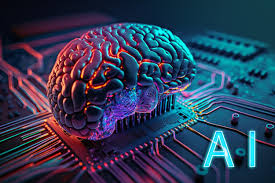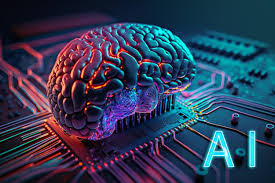
The European Union, United States, and United Kingdom have signed the first-ever global treaty on artificial intelligence. This significant agreement marks the beginning of a new era in AI governance. For the first time, a legally binding framework is designed to oversee the entire lifecycle of AI systems. With its balanced approach, this treaty aims to promote progress and innovation while effectively managing potential risks to human rights, democracy, and the rule of law.
The agreement comes at a critical time when AI technology is rapidly advancing. With this treaty, the EU, US, and UK hope to set a global AI development and deployment standard. The treaty provides a comprehensive legal framework, ensuring that AI systems are developed responsibly. It strongly emphasizes transparency and accountability throughout the AI lifecycle, instilling confidence in the public and the industry.
Notably, the treaty is designed to foster innovation. It encourages collaboration between countries and tech companies, aiming to push the boundaries of AI research and application. However, it also addresses the challenges and risks associated with AI. One of the primary concerns is the potential impact on human rights. Therefore, the treaty includes strict regulations to protect individuals’ rights and freedoms.
Furthermore, the treaty addresses democracy and the rule of law. For instance, it prohibits using AI systems in ways that could undermine democratic processes. Additionally, it establishes guidelines to prevent AI from being used for surveillance or censorship. By doing so, the treaty aims to ensure that AI is a tool for enhancing democratic values rather than undermining them.
The treaty’s economic implications are expected to significantly impact global markets. Providing a clear legal framework reduces uncertainty for businesses and investors. This is likely to attract more investment into AI research and development, which could lead to economic growth and job creation in the technology sector.
However, the treaty has its challenges. Implementing such a comprehensive framework requires cooperation and coordination across multiple jurisdictions. There are concerns about enforcing the treaty’s provisions and the need for continuous updates to keep pace with technological advancements. Nevertheless, the EU, the US, and the UK are committed to working together to address these issues.
Signing of the first global treaty on AI represents a significant step forward in international cooperation on technology governance. It sets a precedent for how nations can come together to address complex global challenges. By promoting innovation while safeguarding fundamental rights, the treaty aims to ensure that AI becomes a force for good in the world. As countries begin to implement its provisions, the world will be watching closely to see how this historic agreement shapes the future of artificial intelligence.




